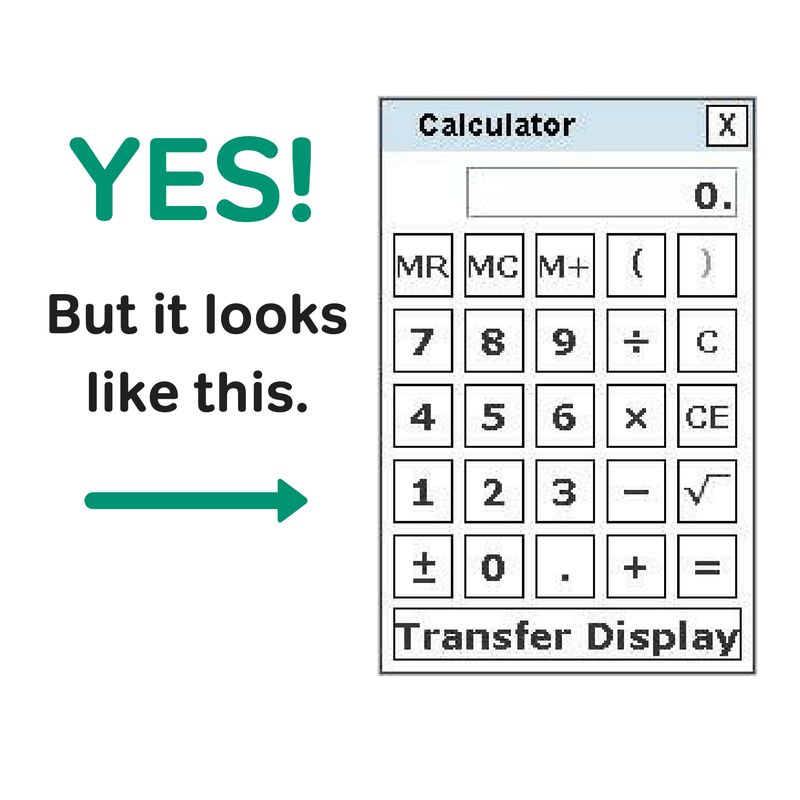
When it comes to the quantitative section of the GRE, one common question arises: “Can I use a calculator during the test?” In this article, we will dive into the GRE calculator policy, shed light on the calculator’s role, and offer insights into how to navigate this aspect of the exam effectively.
Calculator? Yes! But…
Yes, the GRE does provide a simple on-screen calculator specifically for use during the quantitative section. This calculator is available for certain questions that involve calculations, but its functionality is limited compared to traditional physical calculators.
When to reach for that calculator
It is crucial to know that not every problem on the GRE quantitative section needs a calculator to solve. Over-reliance on it can impede your progress, particularly considering the potentially awkward nature of accessing on-screen calculators.
Speed vs. accuracy: A balancing act
Using a calculator can be helpful in avoiding silly mistakes and making simple arithmetic calculations easier. However, it’s important to remember that it is not an automatic ticket to the correct answer, and won’t necessarily solve complex problems more quickly than your intuitions on some questions. The on-screen calculator interface is not intuitive and so the extra time it takes to use it would be to the detriment of pacing. It’s all about finding the right balance between speed and accuracy – an important aspect to consider.
Math or problem-solving?
Calculators are tools, right? And just like any tool, how effective they are depends on how we use them. Now, when it comes to the GRE, the challenge is not really the math itself. Rather, the challenge is how we approach and solve the problems. Believe it or not, many test-takers actually find that they don’t need a calculator for a lot of the questions–the test makers know that time is short so if a question seems to require complicated calculations, look to the answers, as there may be a shortcut. In this instance, refining our problem-solving strategies may lead to better results than calculations.
Calculator strategy
- Complex calculations: Save the calculator as a last resort for tough calculations.
- Problem-solve first: If the question seems especially complex, look to the answers and recall what simple rules may apply.
- Mental math: For simple calculations practice mental math so the potentially awkward interface doesn’t slow you down.
- Practice makes perfect: Still think you need the calculator? Practice before test day, so you can quickly recognize when you’ll need the calculator and also know its functions to save precious test time.
The GRE lets you use an on-screen calculator, but it’s all about how and when you use it. It’s a handy tool, but don’t let it slow you down. Balance your problem-solving skills, mental math, and calculator use for a great GRE quant score. Remember, it’s about picking the right approach for each question. Once you can do that with confidence, you’ll greatly increase your chances on the GRE.






Leave a Reply